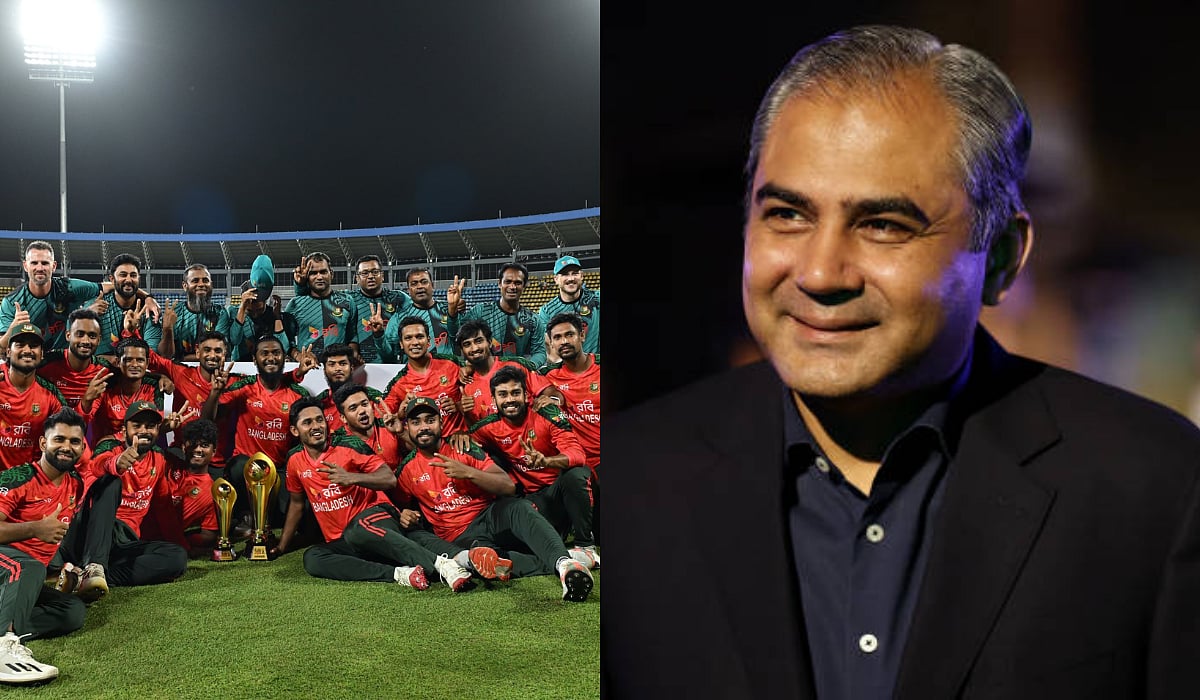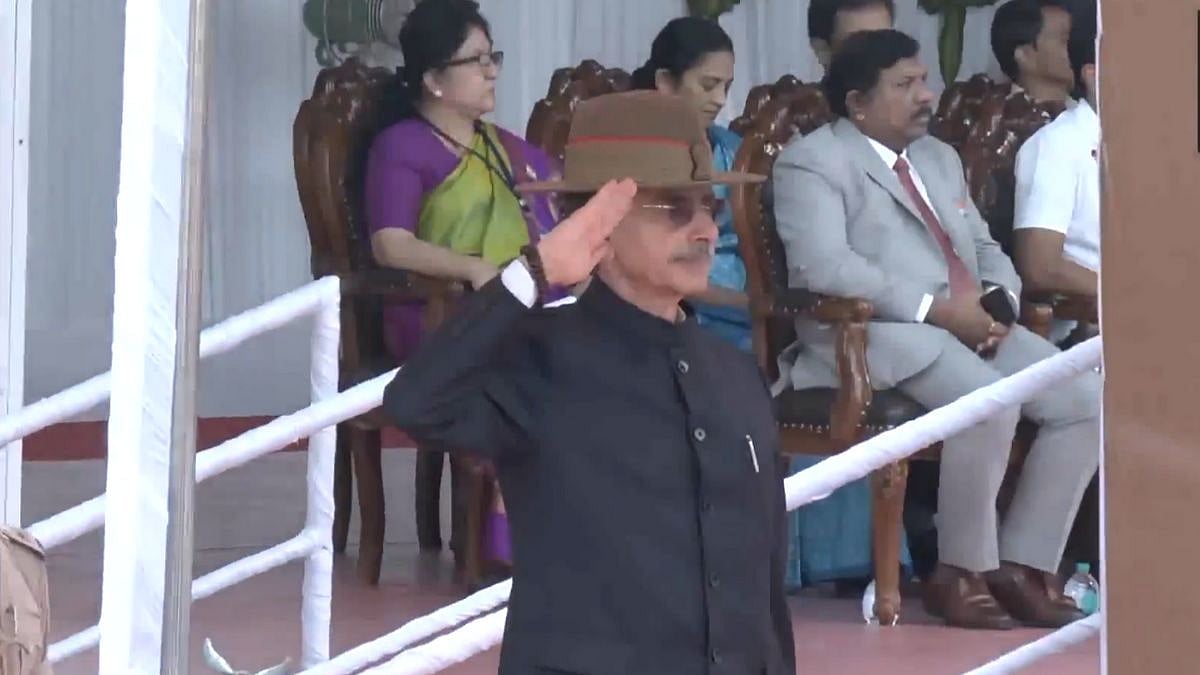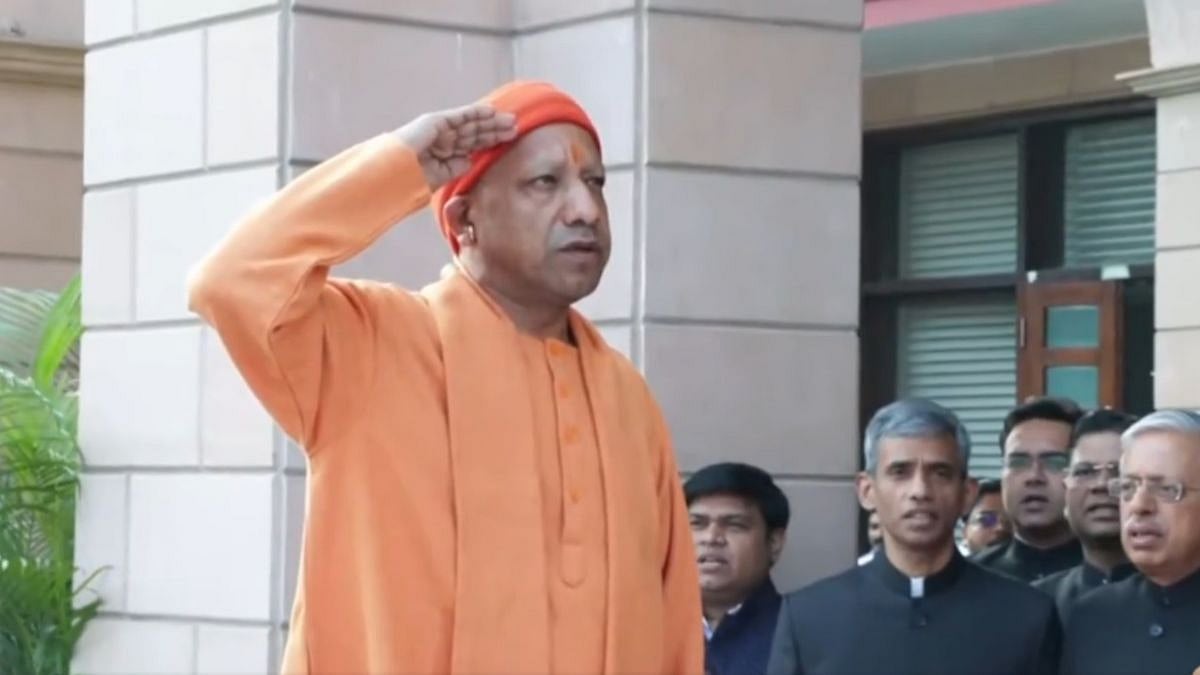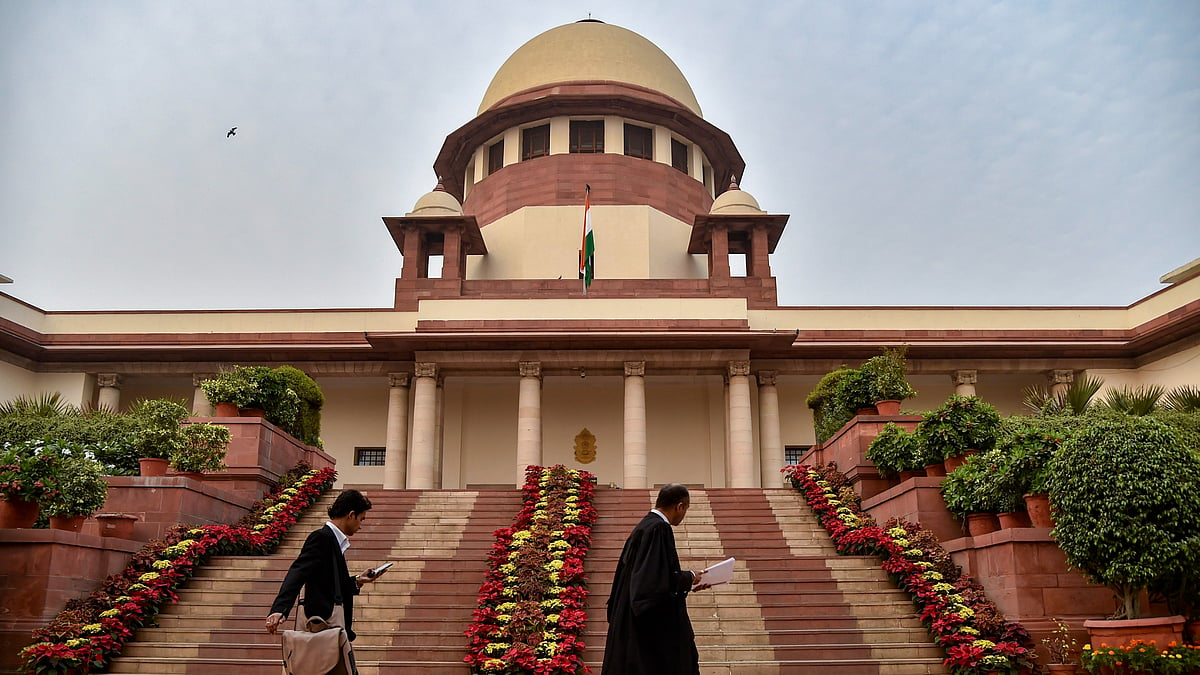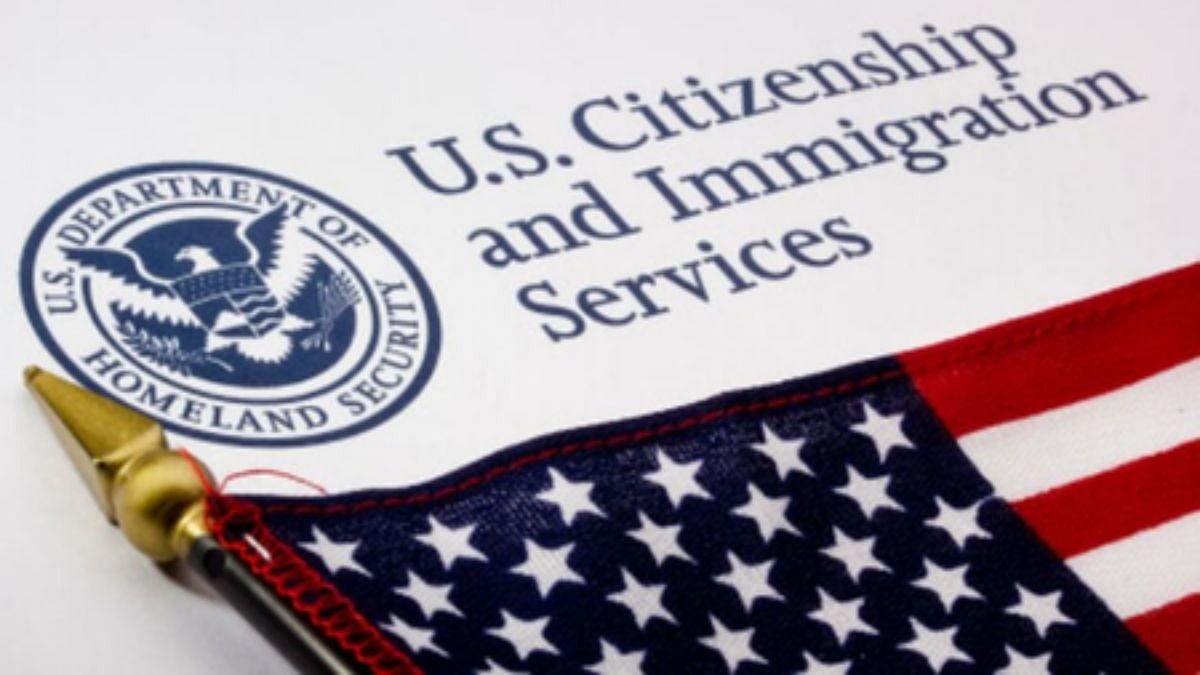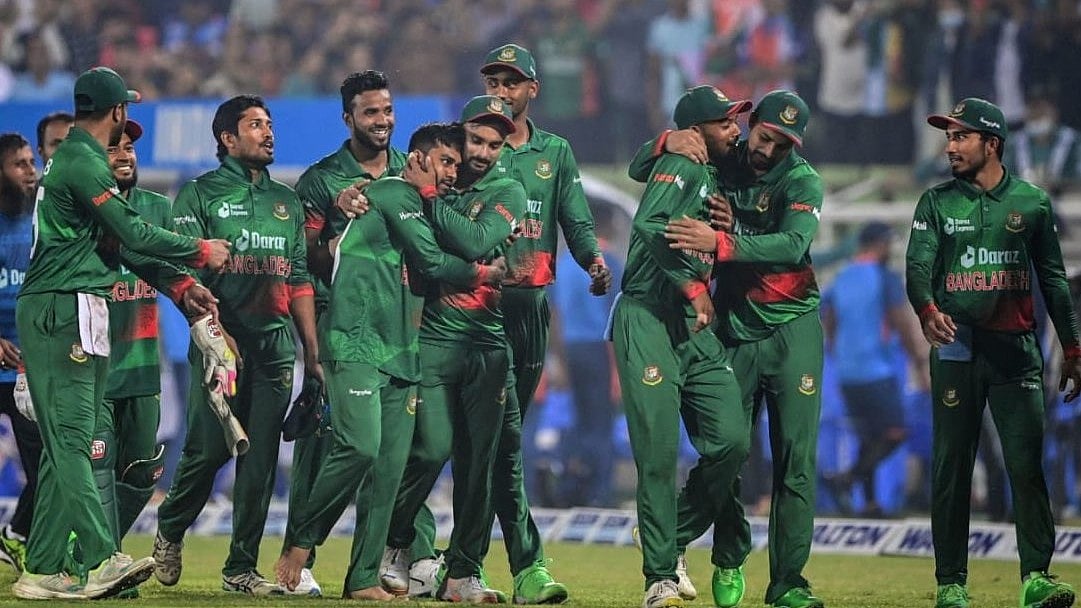The unravelling of India-Canada relations reads like an Agatha Christie murder mystery. New twists and turns emerge daily. There is no disagreement on the basics. Hardeep Singh Nijjar, a Khalistan proponent and head of a Sikh religious place, was murdered on June 18 in Canada. Canadian Prime Minister Justin Trudeau, exactly three months later, caused an international crisis by claiming in parliament that there were “credible” allegations of the involvement of Indian agents.
Angry Indian denials followed. Close Canadian allies expressed concern and sought Indian cooperation to enable quick conclusion of the inquiry. Matters escalated further with a Canadian advisory to its citizens to be careful when in India and similar retaliatory notice by India. However, India went further by suspending its visa and consular services in its Canadian missions and posts, besides seeking parity in the number of personnel and diplomats in each other’s diplomatic posts. India justified its additional actions due to threats against its diplomats and missions, which made functioning difficult.
India’s immediate concern appeared to be a protest called by Khalistan supporters on September 25 near Indian establishments. India is ratcheting up the pressure on Canada to back-off and start curbing the activities of separatist-gangster alliance. As if to confirm India’s counter-charge, another alleged “terrorist” was shot dead in Canada amidst the escalation. Rival gangs have claimed responsibility for the fresh murder. Significantly that in the case of Nijjar no known gang claimed responsibility.
The leaders of the Five Eyes intelligence alliance, consisting — besides Canada — of Australia, Britain, New Zealand and the US, have been caught in a bind. On the one hand they have a vital interest in deepening relations with India but they can hardly ignore the pleas of an ally to support its stand. US National Security Adviser Jake Sullivan was compelled to deny publicly that the US was pulling punches due to concern over relations with India getting affected. He said they took the Canadian allegations “seriously”. Adrienne Watson, spokesperson of the White House National Security Council, went further saying that “targeting dissidents in other countries is absolutely unacceptable”.
The plot, as they say, continues to thicken. The Financial Times quoted the Canadian Broadcasting Corporation that as per federal sources Canadians claim to have communications involving Indian officials and diplomats based in Canada. However, because Canada keeps asking for Indian cooperation it appears there are still missing links, without which the Indian complicity is not provable. The question being universally asked is, what next?
Firstly, it depends on what proof the Canadian inquiry reveals. India has left the door ajar for cooperation but Canada has, by incriminating India even before completing the inquiry, vitiated the atmosphere and damaged trust. Piecemeal leaks to the media by Canadian sources worsen this situation.
Secondly, there is a peculiar paradox at play domestically in India. Right wing trolls are targeting anyone trying to make rational arguments. Had the target been a known terrorist in Pakistan like Dawood Ibrahim or Hafiz Saeed there would have been loud justification along the old line of “ghus ke maara” (trans-border retribution). Because the target is in a G7 nation, which rejects dissidents being clubbed with terrorists, even a whiff of state sponsorship can cause serious reputational damage to India. So the right-wing media strategy is to focus on Trudeau and his electoral ties to radical Sikh elements.
Thirdly, the “Khalistan” issue is an old one and gains currency whenever Punjab faces economic and political uncertainty and Sikhs feel their identity threatened. It is unclear whether the BJP realises the implications of distributing copies of the Indian Constitution not only with Bharat substituting India but secularism and socialism dropped from the Preamble. While socialism reflects the socio-economic thinking of Congress under Indira Gandhi and is a later insertion, commitment to secularism is the original compact, accepted by India’s founding fathers. It reflected Indian rejection of the two-nation theory of separate nations for Hindus and Muslims. While Muslims got Pakistan, India belonged to all faiths, communities etc. Logically if India is no longer secular and slogans of “Hindu Rashtra” are tolerated, perhaps even endorsed, then why would not calls grow for Khalistan or enclaves where other minorities may be in a majority? In fact, Sikhs had a seat at the table when the partition plan was discussed. Their leaders did argue that if Muslims are getting a homeland why not the Sikhs. However, the sensible vision of a secular state drew all the communities, including Sikhs, into the great new experiment of unity amidst diversity.
L’affaire Nijjar is reopening the debate on BJP’s duality. Abroad they want a seat amongst the rule-makers of the democratic and developed world. At home there is regression towards a majoritarian state, with a growing theocratic layer. A Nijjar or a Pannu or referendums by Sikhs for Justice abroad for Khalistan cannot endanger India. Flawed visions of nationhood and faith are the real threat.
KC Singh is former secretary, Ministry of External Affairs


